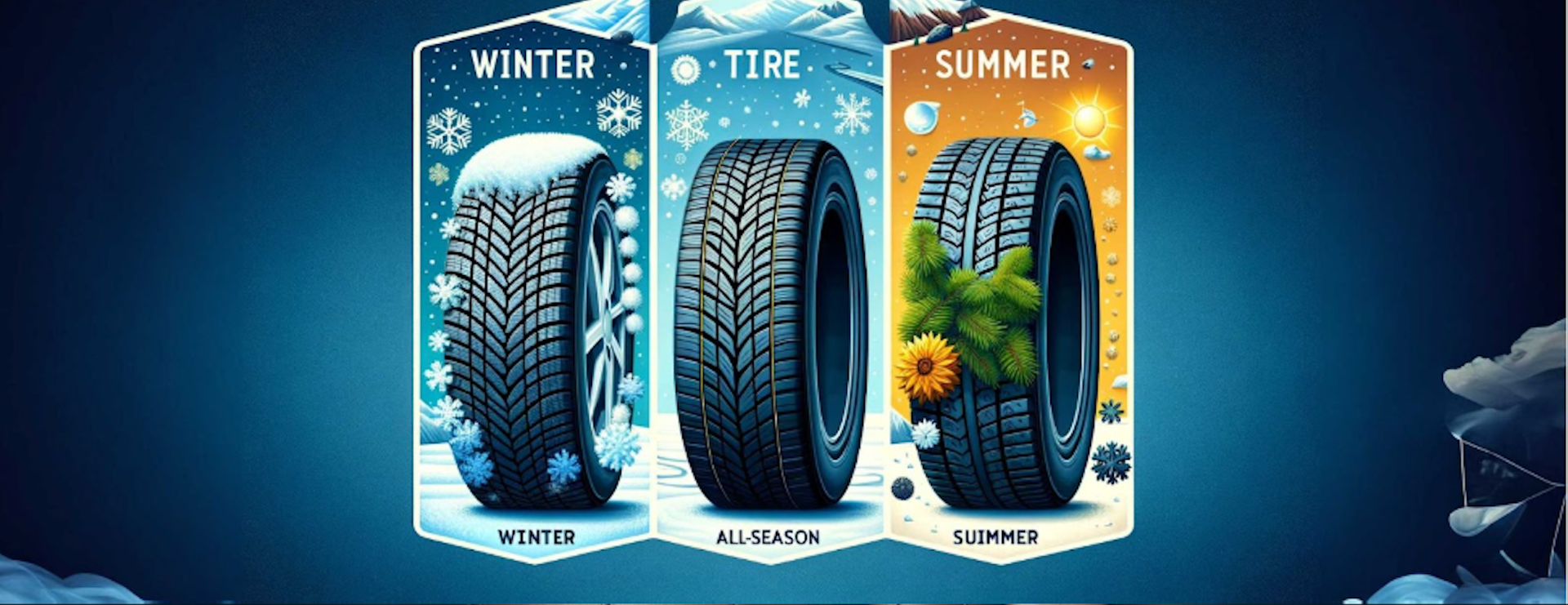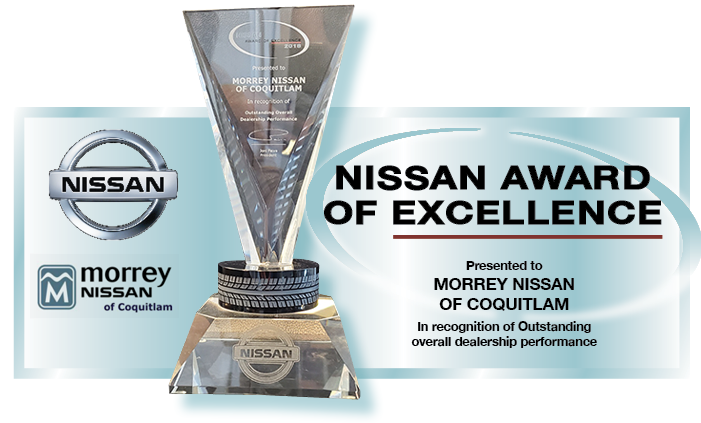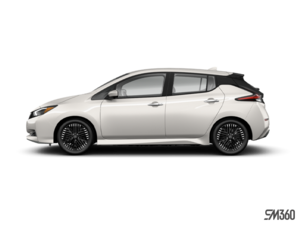Winter Tires vs. All-Season Tires vs. Summer Tires: Choosing the Right Fit for Your Vehicle
April 21 2024,

When it comes to ensuring your vehicle's performance and safety on the road, selecting the right type of tire is crucial. Tires are the only point of contact between your vehicle and the road, and their design significantly influences how your vehicle handles various driving conditions. This article explores the differences between winter tires, all-season tires, and summer tires, helping you make an informed decision based on your driving needs and local climate.
Winter Tires: Designed for Cold Climates
Characteristics: Winter tires, also known as snow tires, are specifically designed to perform in cold, icy, and snowy conditions. They are made from a softer rubber compound that remains flexible at lower temperatures, providing improved traction. Their tread patterns are deeper and more pronounced, with biting edges and sipes (tiny slits) that grip into snow and ice.
Benefits: The primary advantage of winter tires is their superior grip and braking performance in cold weather conditions. They reduce stopping distances and improve handling on snow and ice, significantly enhancing safety during winter months.
Considerations: Winter tires wear down quickly in warmer conditions due to their soft compound. It's recommended to switch to summer or all-season tires once temperatures consistently rise above 45°F (7°C).
All-Season Tires: Versatility Year-Round
Characteristics: All-season tires are designed to provide a balanced performance in a variety of conditions, including dry roads, wet roads, and light snow. They feature a moderate tread depth and rubber compound that offers a compromise between winter and summer tire characteristics.
Benefits: The versatility of all-season tires makes them a popular choice for drivers who experience a range of weather conditions but don't encounter severe winter weather. They offer a good balance of wet and dry performance, along with longer tread life.
Considerations: While all-season tires perform adequately in many conditions, they do not offer the same level of grip and precision as winter tires in cold weather or summer tires in warm weather. In regions with harsh winters or very hot summers, switching tires seasonally may be preferable.
Summer Tires: Optimized for Warm Weather
Characteristics: Summer tires are designed for optimal performance in warm weather conditions on both wet and dry roads. They are made from a harder rubber compound that can withstand higher temperatures and feature a shallower, simpler tread pattern than winter tires.
Benefits: Summer tires offer excellent road grip, superior handling, and precise cornering in warm conditions. Their specialized tread patterns reduce hydroplaning in wet conditions, improving safety during summer storms.
Considerations: Summer tires lose flexibility and traction in cold weather, making them unsuitable for use in winter. Their performance significantly decreases in temperatures below 45°F (7°C), and they should not be used on snow or ice.
Choosing between winter tires, all-season tires, and summer tires depends on your local climate and driving conditions. For those in areas with severe winter weather, investing in a set of winter tires for the colder months is advisable for maximum safety. Drivers in moderate climates may find all-season tires an adequate year-round solution. However, for optimal performance and safety, switching between summer and winter tires to match the season is the best practice in regions with extreme seasonal weather variations.












